News story
UNODA and UNOOSA discuss outer space elements of the Summit of the Future, in consultation with youth
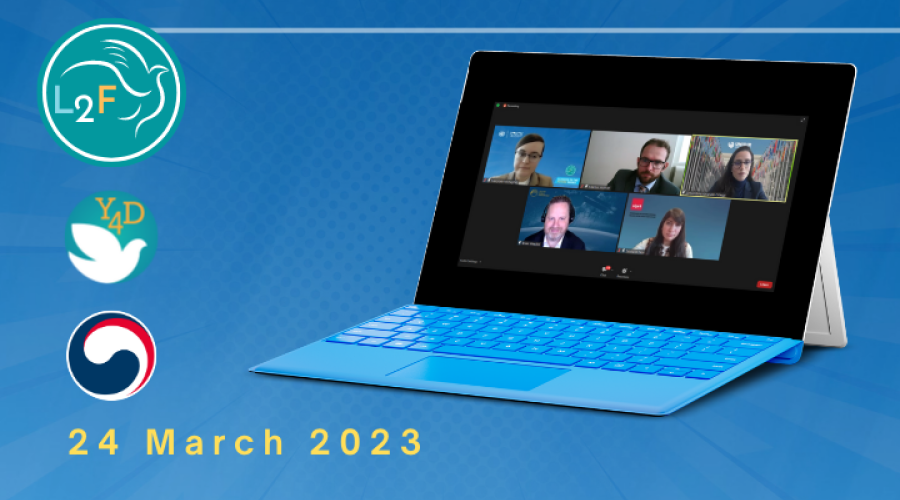
Ahead of the 2024 Summit of the Future, the United Nations Office for Disarmament Affairs (UNODA) and the United Nations Office of Outer Space Affairs (UNOOSA) organized an online youth consultation on topics related to the peaceful uses of outer space.
The workshop formed part of the #Leaders2Future Series, made possible with generous financial support from the Ministry of Foreign Affairs of the Republic of Korea. Ms. Marykate Monaghan, Youth Outreach Consultant with the #Youth4Disarmament Initiative, moderated the event.
Distinguished speakers briefed participants on current challenges to the peaceful uses of outer space and how its management should be regulated. Among the guest speakers were: Mr. Markus Woltran, Mr. Brian Weeden, Ms. Nivedita Raju, and Ms. Almudena Azcárate Ortega.
Ms. Beyza Unal, Head of the Science and Technology Unit of UNODA, delivered opening remarks, referring to preparations for the Summit of the Future . “The outer space track of the Summit of the Future rests on multi-stakeholder dialogue” she said, stressing the importance of cooperation in this sector, including between non-governmental actors such as the private sector, academia and young people. Ms. Unal recalled that the Secretary-General had called for the development of a global regime to coordinate space traffic and asked for the elaboration of a new instrument to prevent an arms race in outer space. It is our responsibility today, for future generations, to “keep outer space peaceful, safe, secure, and sustainable” she said.
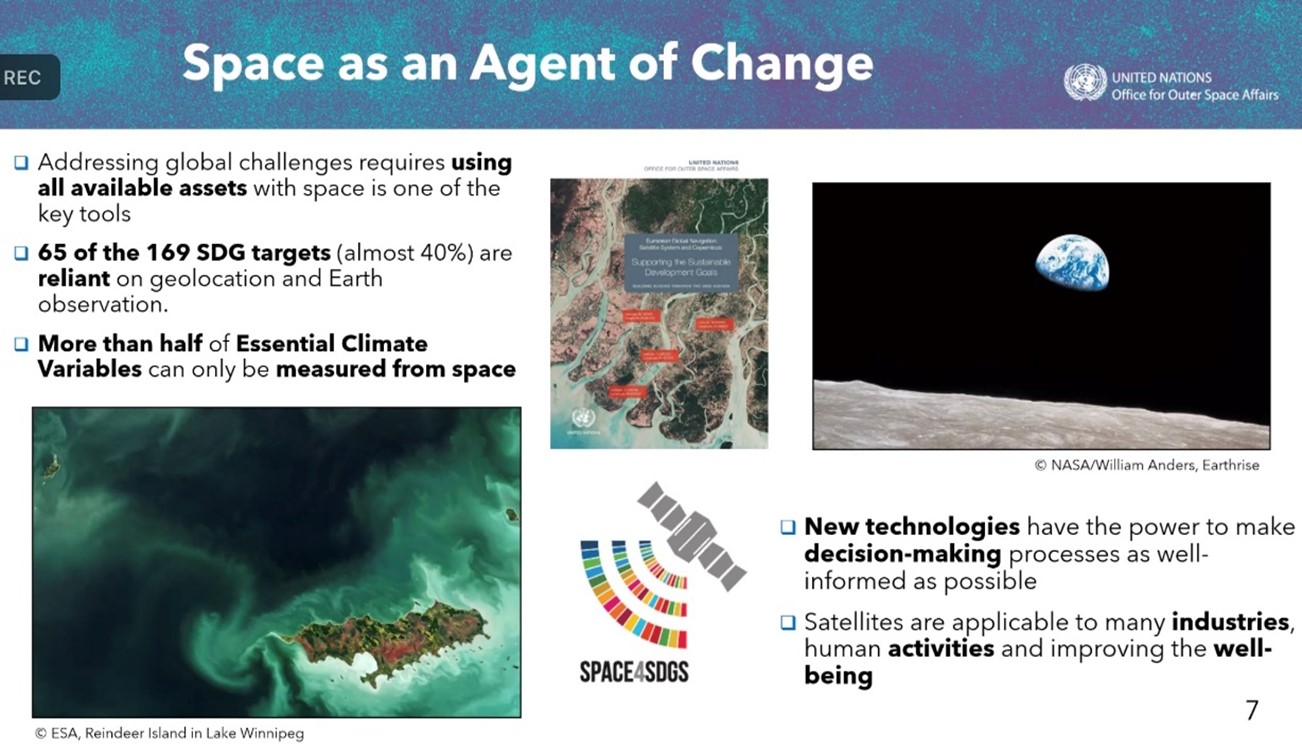
Mr. Markus Woltran, Programme Officer in the Office of the Director of UNOOSA, started his remarks by highlighting the importance of international space law. Since 2022 more 102 Member States had become members of the Committee on the Peaceful Uses of Outer Space, thus reinforcing the vision of peaceful use of outer space. He emphasized that the importance of space in our everyday life cannot be doubted, much of the work done by the UN ultimately depends on space-based services, including mitigating climate change, achievement of the Sustainable Development Goals and disaster management and risk reduction. He highlighted UNOOSA programmes such as Space4Women and Space4Youth.
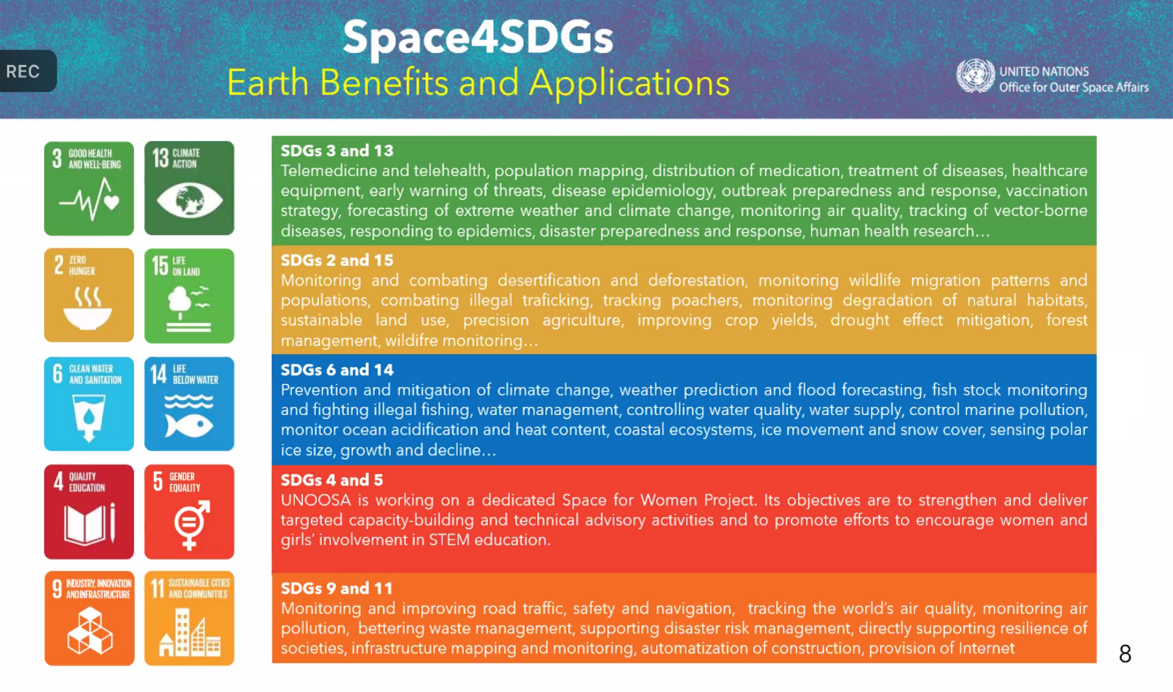
Mr. Brian Weeden, Director of Program Planning for Secure World Foundation, focused primarily on challenges to the peaceful uses of outer space. These included a growing number and diversity of both space actors and space activities, as well as a lack of hard rules about what is and is not permitted. He drew attention to the emergence of “mega constellations” in low-Earth orbit, which had led to a huge increase in the number of satellites being launched every year. These constellations had positive effects, bringing the internet to difficult to reach places, but could also have negative effects, including the congestion of orbits. One problem remains that of space debris. Mr. Weeden outlined four solutions; space situational awareness, orbital debris mitigation, orbital debris remediation, and space traffic management. The private sector had an important role to play, including by sharing best practices, developing new capabilities and changing the economics of space.
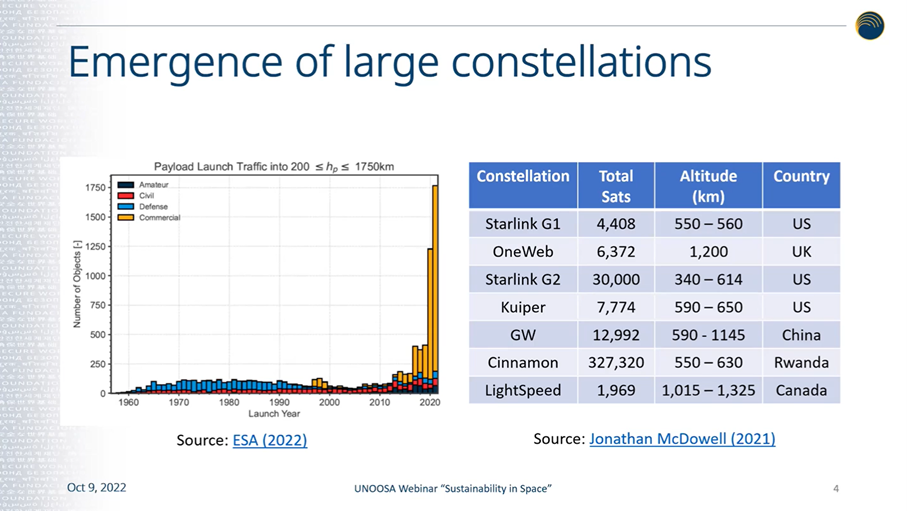
Ms. Nivedita Raju, Researcher with the Stockholm International Peace Research Institute's Weapons of Mass Destruction (WMD) Programme, delivered an overview of security challenges in space. She emphasized that although military use of outer space was commonplace, the placement of WMD there is prohibited. “These [security-related] provisions allow a certain degree of flexibility for States”. Recent times had seen an increase in the testing of anti-satellite weapons, resulting in increased space debris, as well as an increase in non-consensual close approaches between satellites. Finally, she noted that “the lack of mutual trust and confidence among Member States” is one of the most challenging issues, which could be addressed through transparency and confidence-building measures.
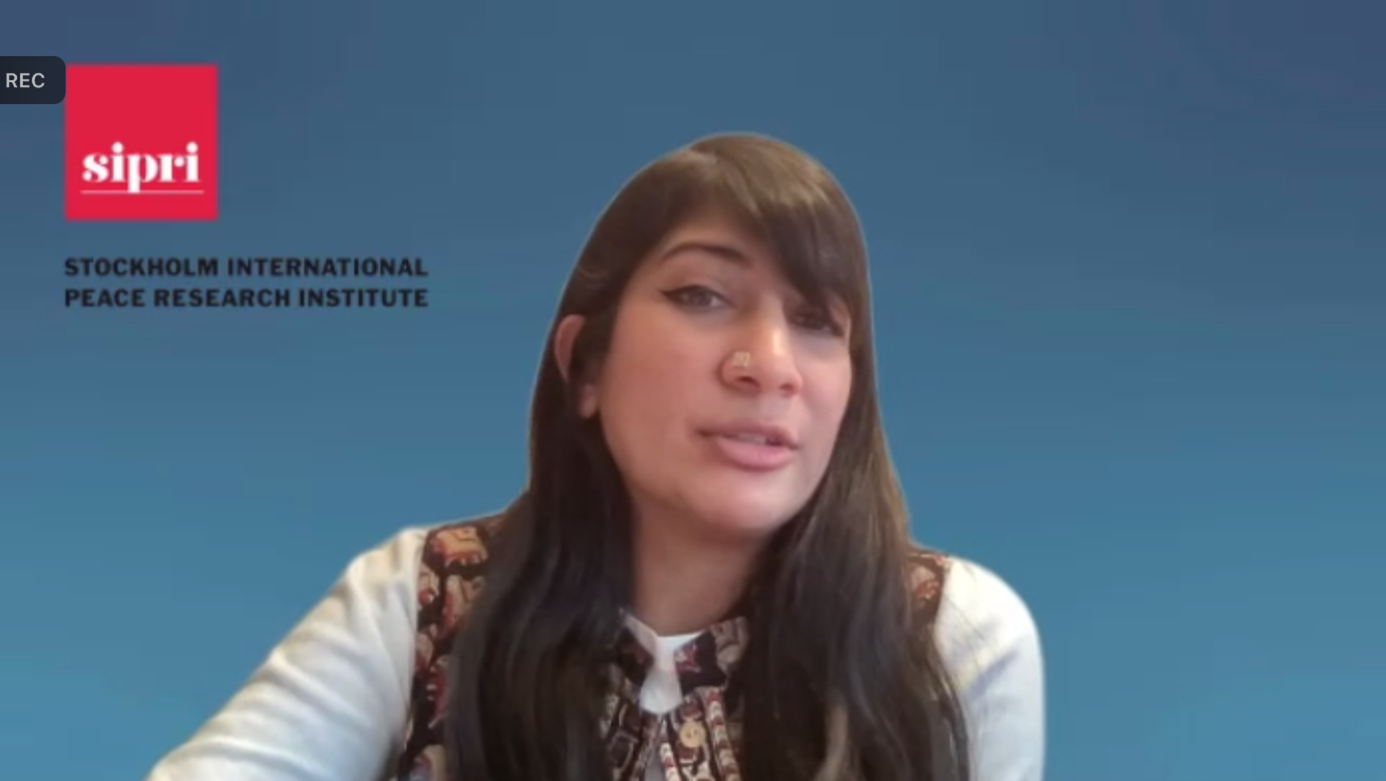
Ms. Almudena Azcarate Ortega, Associate Researcher in the Space Security and Weapons of Mass Destruction programmes at the United Nations Institute for Disarmament Research, delivered the final remarks. She first recalled the origins of the OST, which was motivated by a fear of seeing the terrestrial conflicts extending in outer space. “Space debris is a clear example of the overlap between preserving peaceful use and space security”, Ms. Azcarate Ortega said, noting that it could be created accidentally or intentionally. She presented an overview of UN bodies working on space security and the peaceful uses of outer space and their recent outputs.
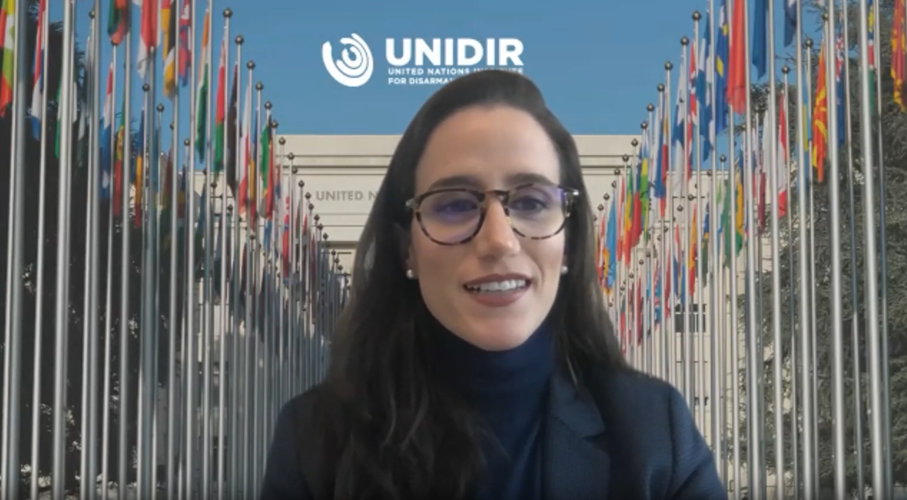
During the consultation, attendees were invited to submit inputs on outer space elements in an online form. In addition to providing a rich and open exchange, their contributions will be submitted to UNODA to support the development and preparations for the Summit of the Future.
Following the presentations, the speakers engaged in a Q&A session with the participants on questions regarding opportunities for youth to pursue a career in Space Law, existing avenues to engage marginalized group, including women, and initiatives for young people to volunteer or support the United Nations’ work on outer space.
The cohort of #Youth4Disarmament’s Leaders to the Future then discussed the topic in breakout groups with the presenters, developing and drafting a set of recommendations for maintaining the peaceful uses of outer space, addressing emerging threats, and establishing practices for future governance.
The event discussed new challenges that the 2024 Summit for the Future will have to address in order to shape a coherent action-oriented Pact for the Future. During this youth consultation, the participants testified once again to the commitment of young people to these emerging issues.
Text and images by Enora Lebreton.